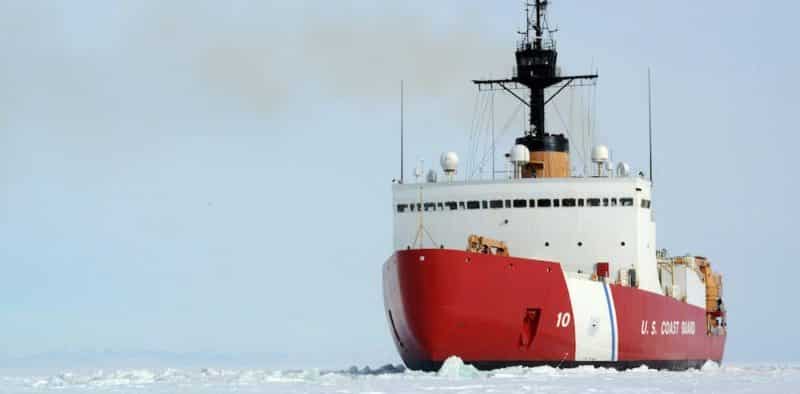The crew of Seattle-based Icebreaker Struggled with Fire on Antarctica Mission

The Coast Guard disclosed that the crew of the Seattle-based Polar Star fought for nearly two hours to put out a Feb. 10 fire. It should be noted that the vessel was nation’s only massive ice breaker traversed a remote stretch of water north of McMurdo Sound, Antarctica. The statement also noted that the damage was contained to an incinerator, several electrical systems, and shipboard insulation.
“It is always a serious matter whenever a shipboard fire breaks out at sea, and it’s even more concerning when that ship is in one of the most remote places on Earth,” said Vice Adm. Linda Fagan, commander of the U.S. Coast Guard’s Pacific Area.
Senior Chief Petty Officer Nyx Cangemi, of Coast Guard public affairs, said it took time to gain a full understanding of the fire from the ship’s crew and coordinate with other agencies involved with the Antarctica mission while explaining the delay.
It should be reported that the Seattle-based Polar Star is the nation’s only heavy icebreaker still able to operate. But the aging ship is already well beyond its expected 30-year service life. The Polar Star has been repeatedly plagued by breakdowns and other problems during annual missions in support of the U.S. Antarctica Program
The Coast Guard has been trying to gain congressional funding to replace the Polar Star for years. And the efforts were fructified as the Congressional legislation passed a bill which would provide $655 million to start construction of a new vessel and $20 million in planning funds for a second icebreaker that the Coast Guard wants to build.
It is to be reported that the 150 crew members of the Polar Star departed Seattle on Nov. 27 for the recent cruise with an aim to travel more than 11,200 miles to Antarctica. The ship reportedly broke nearly 17 miles of ice, 6- to 10-feet thick, to open a channel through McMurdo Sound, and it escorted a container ship through this water to resupply the McMurdo Station, the Amundsen-Scott Pole Station, and other U.S. field camps.
But, the crew reportedly struggled to keep the vessel fully operational for much of the time. A leaking shaft that drives a propeller led a temporary halt to ice-breaking. However, it was repaired by scuba divers. Then the ship’s power went out for nine hours. An electrical problem, before the Feb. 10 fire, caused smoke and damage to a switchboard.
“It’s hard to see a ship with which you have a close connection to fall apart, piece by piece, ” said Seattle resident Phil Johnson, who as a Coast Guard reserve officer back in 1976 served as master of ceremonies for the Polar Star commissioning in Seattle. The Polar Star is now returning to Seattle.




